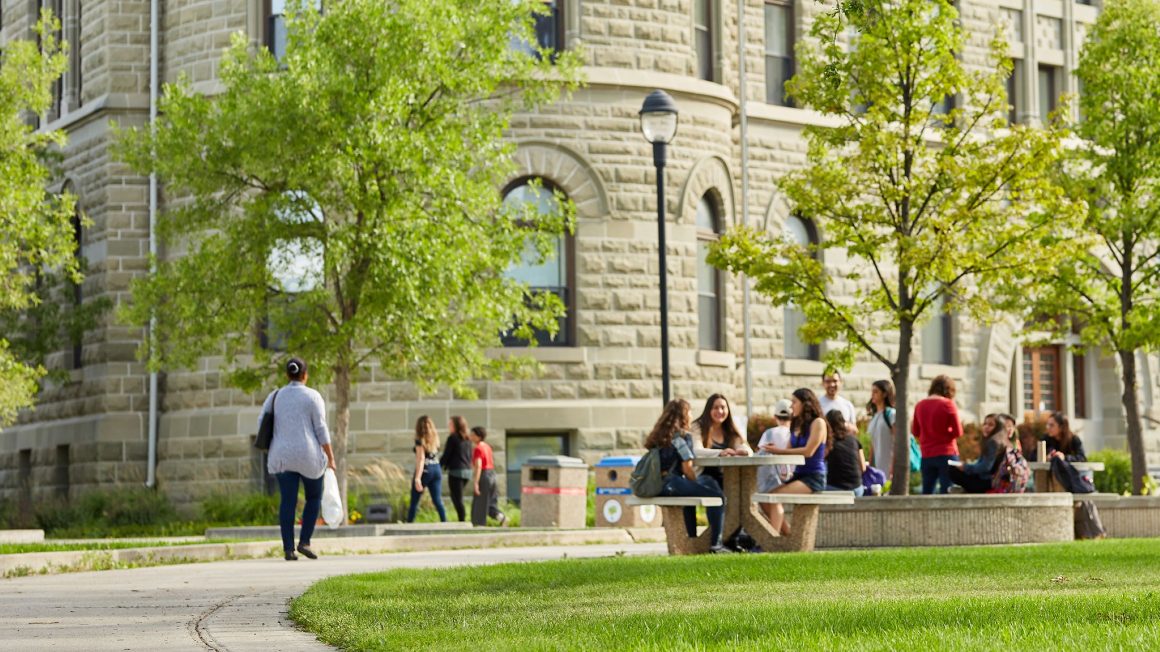The University of Winnipeg has received the details of its provincial grant allocation for the upcoming fiscal year. UWinnipeg’s base operating grant will increase by 2%, which is equivalent to $1.56 million.
In addition, UWinnipeg will receive $2.5 million to support deferred maintenance projects. This funding, which is $1.3 million more than last year’s deferred maintenance allocation, will help address some of the University’s most critical campus needs.
We value our partnership with the provincial government and recognize the complexities of balancing fiscal priorities. As a highly efficient organization with Manitoba’s lowest administrative costs per student, we will ensure the 2% operating grant increase is used effectively to support the outstanding education and research programs that UWinnipeg is known for.
However, given serious financial constraints, the University will be challenged to maintain its current programs and services in the coming year. Like many Canadian universities, UWinnipeg faces growing financial pressures including inflationary and labour cost increases and a reduction in international student enrollment due to federal government regulation changes.
The University has already implemented several cost-saving measures to maintain financial stability. These include across-the-board budget reductions, the closure of the English Language Program, the suspension of the women’s soccer program, a hiring freeze, and staff layoffs. We are also exploring alternative revenue sources and operational efficiencies to minimize the impact on students, faculty, and staff.
Moving forward, we remain committed to working collaboratively with our internal community and government partners to find sustainable solutions to support our faculty, staff, and students.
The University of Winnipeg delivers exceptional value to Manitobans, providing accessible, high-quality education and producing impactful research that strengthens the province. Our graduates are recognized for their contributions across diverse industries, from business and health care to technology and the arts. With equitable funding, UWinnipeg could significantly expand its contributions to Manitoba’s economic and social development.
We thank our faculty, staff, students, community, and government partners for their ongoing support. Together, we will continue to find ways to navigate these challenges while ensuring that UWinnipeg remains a leader in education, research, and innovation.





